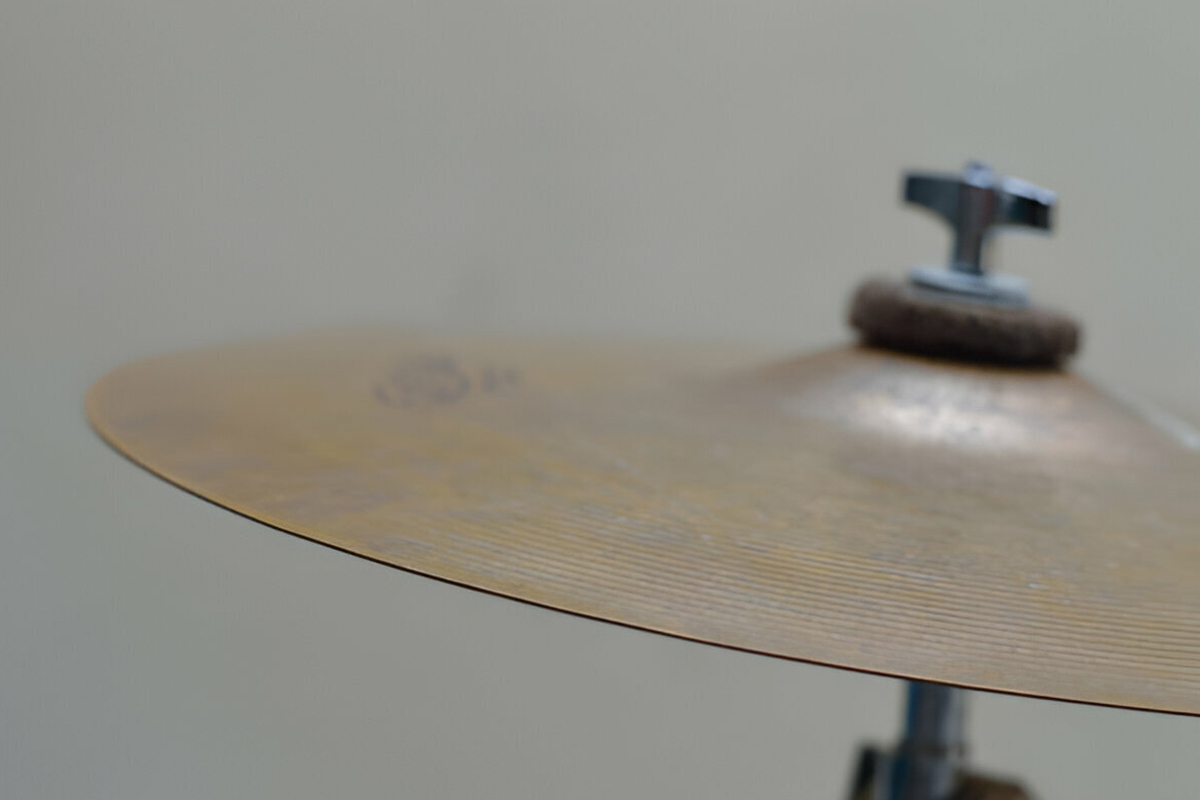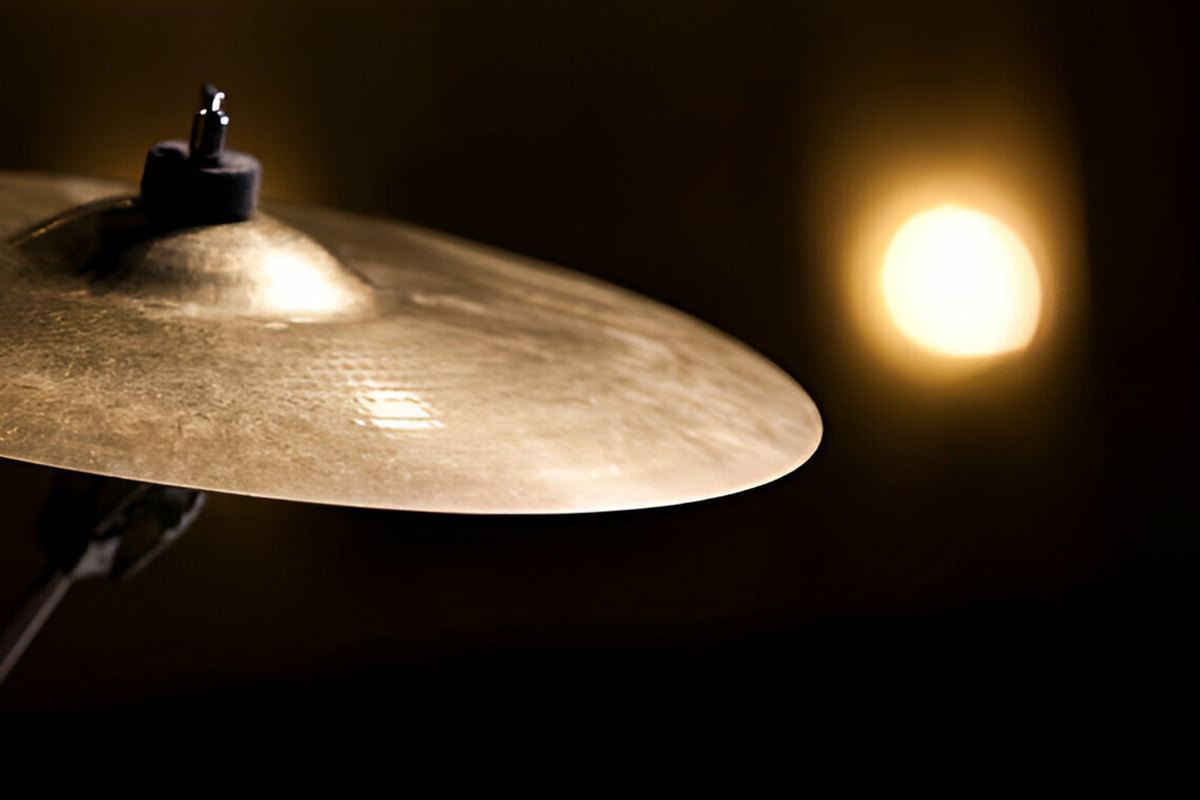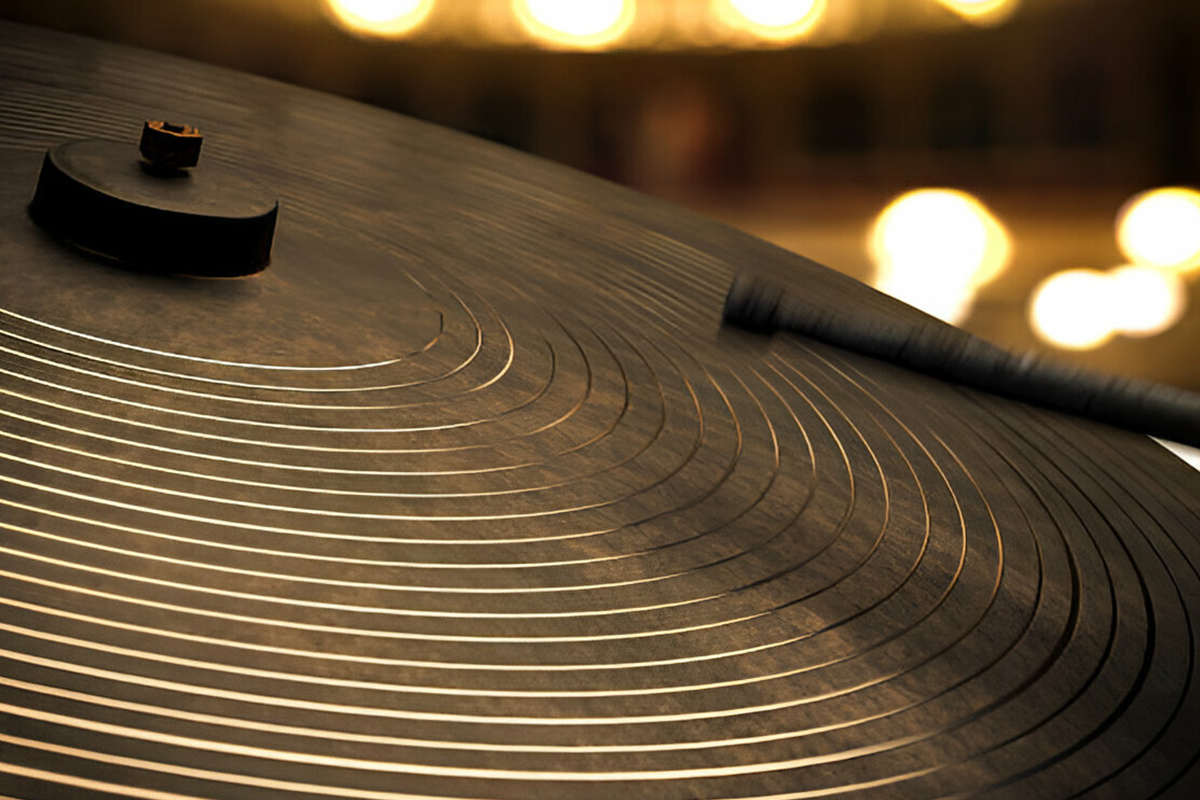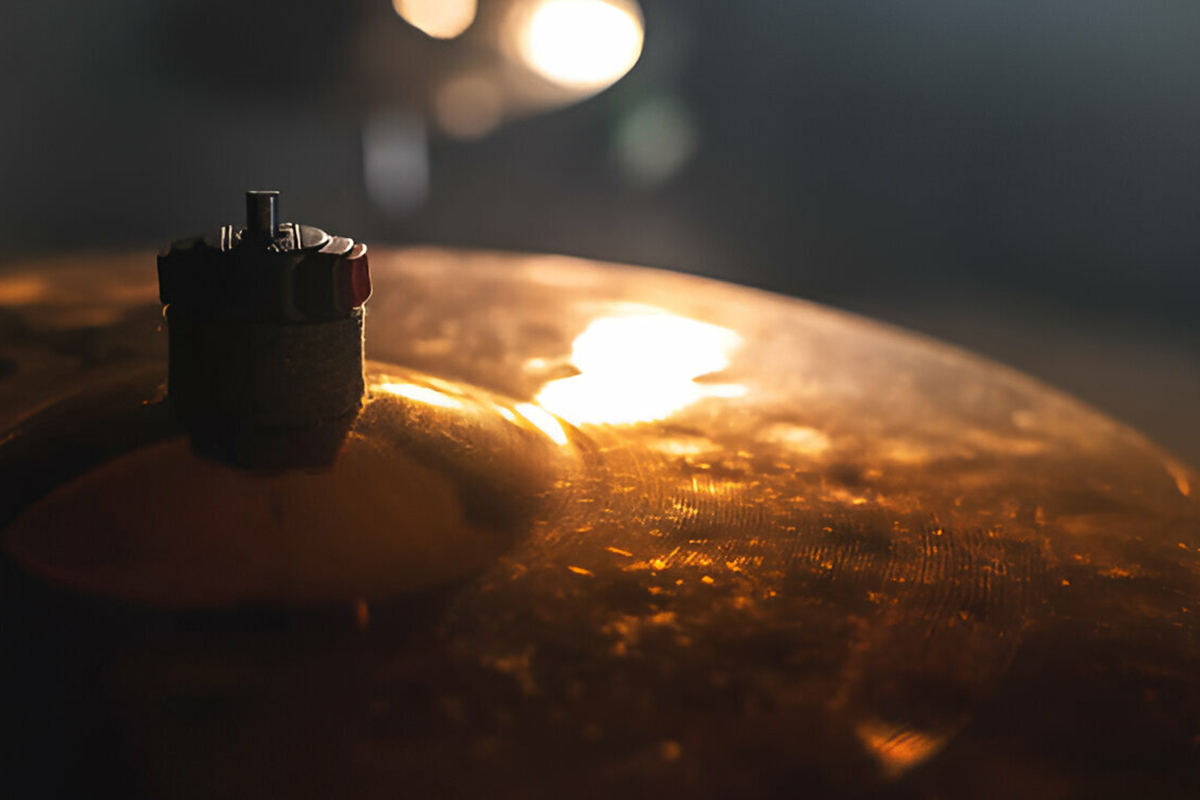Blog
What Are Cymbals Made Of?

Cymbals are a critical component of any drum kit, offering a wide range of sounds and effects. The materials used in their construction significantly influence their tone, durability, and overall performance. In this comprehensive guide, we will explore the various materials used to make cymbals, their properties, and why certain materials are preferred over others.
Cymbals Made of B20

B20 bronze is one of the most popular materials used in cymbal manufacturing. This alloy consists of 80% copper and 20% tin, which gives it a warm, rich sound with a complex tonality. B20 bronze cymbals are often favored by professional drummers due to their versatile sound and superior quality. They are hand-hammered to achieve a unique and consistent tone.

B8 bronze is another common alloy used in cymbal production, containing 92% copper and 8% tin. Cymbals made from B8 bronze have a brighter, more cutting sound compared to B20 bronze. They are typically machine-made, which makes them more affordable while still offering excellent performance. B8 bronze cymbals are ideal for genres that require a pronounced cymbal presence, such as rock and metal.
Bell Bronze

Bell bronze is an alloy traditionally used in the making of bells, but it has also found a place in cymbal manufacturing. This material is known for its durability and the ability to produce a powerful, resonant sound. Bell bronze cymbals have a unique tonal character that sets them apart from other types of bronze cymbals.
Malleable Bronze

Malleable bronze is another variant used in cymbal making. This material is known for its flexibility and ease of shaping, which allows for the creation of cymbals with intricate designs and varied tonal properties. Cymbals made from malleable bronze are appreciated for their unique sound and durability.
Brass

Brass is a more affordable material used for beginner and entry-level cymbals. Brass cymbals have a softer sound compared to bronze cymbals, making them suitable for practice and learning environments. While they may not offer the same tonal complexity as bronze cymbals, brass cymbals are an excellent choice for those new to drumming.
Nickel Silver

Nickel silver, an alloy of copper, nickel, and zinc, is another material used in cymbal production. This alloy produces a bright, focused sound with a quick decay. Nickel silver cymbals are less common but offer a unique tonal quality that some drummers prefer for specific musical styles.
Examples of Cymbals Made of B8 Bronze
Some well-known examples of cymbals made from B8 bronze include the Paiste 2002 series and Meinl HCS series. These cymbals are renowned for their bright, cutting sound and durability, making them a popular choice among rock and metal drummers.
Cymbals Made of Brass
Brass cymbals are typically found in beginner drum sets. Brands like Zildjian ZBT and Sabian SBR offer brass cymbals that provide a good starting point for new drummers. These cymbals are durable and affordable, making them ideal for learning the basics of drumming.
Why Are Cymbals Made of Copper?
Copper is a primary component in most cymbal alloys due to its excellent sound properties. Copper-based alloys, such as bronze, are used because they offer a balance of durability and tonal richness. The specific combination of copper with other metals, like tin or nickel, allows manufacturers to fine-tune the cymbal’s sound characteristics.
What Is the Cymbal Material?
The material of a cymbal greatly affects its sound and performance. Cymbals are typically made from various bronze alloys, brass, or nickel silver. Each material offers different properties, influencing the cymbal’s durability, sound quality, and suitability for different musical genres.
What Are Expensive Cymbal Materials?
Expensive cymbals are often made from high-quality alloys like B20 bronze or bell bronze. These materials are prized for their superior sound and craftsmanship. Hand-hammering and traditional manufacturing techniques also add to the cost, resulting in cymbals that offer exceptional tone and longevity.
Conclusion
Understanding the materials used in cymbal manufacturing can help you choose the right cymbals for your drumming style and needs. Whether you prefer the warm, rich tones of B20 bronze or the bright, cutting sound of B8 bronze, each material offers unique characteristics that can enhance your musical expression. At Trakian Cymbals, we pride ourselves on using high-quality materials and expert craftsmanship to create cymbals that meet the demands of drummers at all levels.
Explore our collection at Trakian Cymbals and discover the perfect cymbal to elevate your drumming experience.
